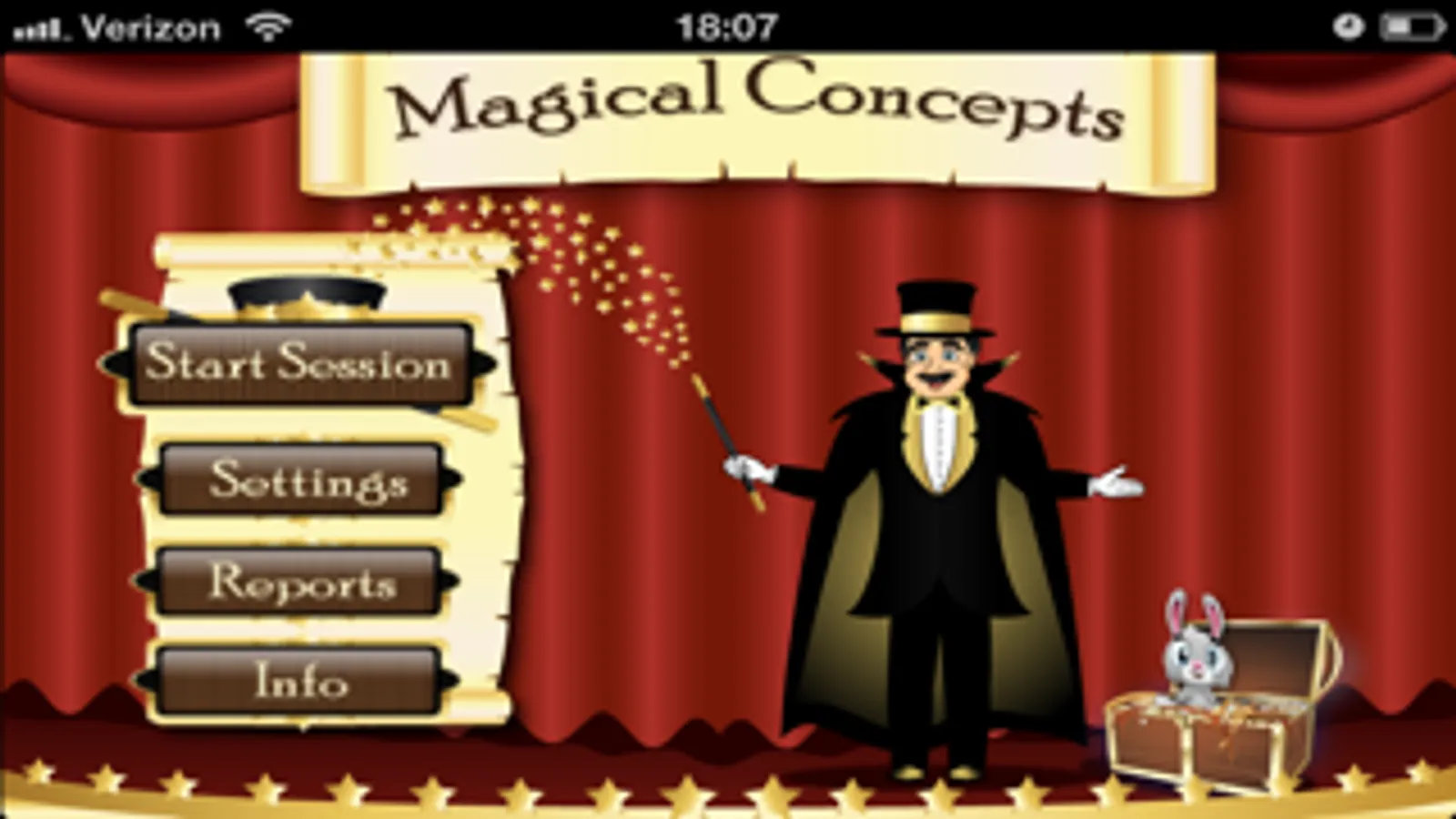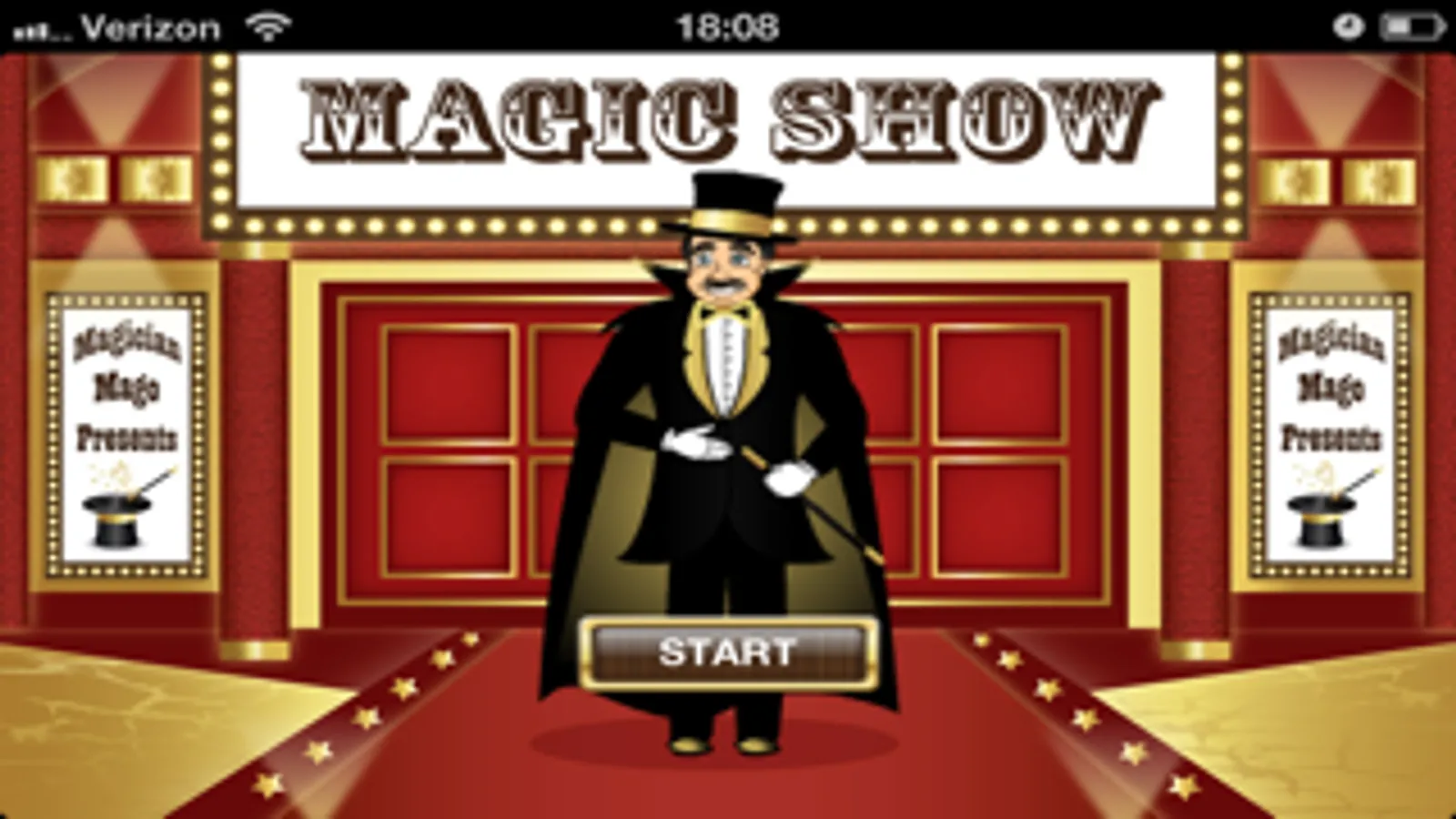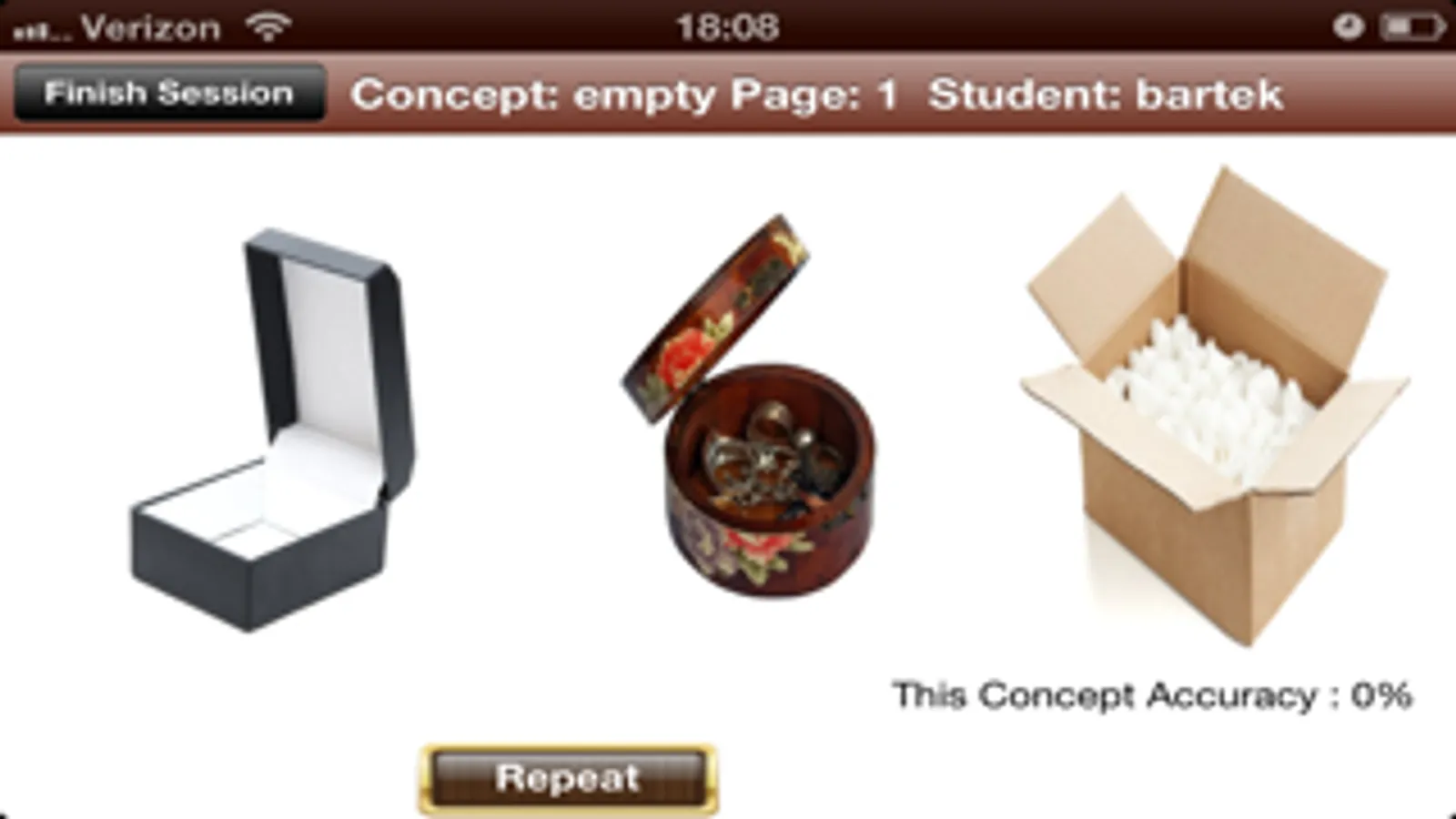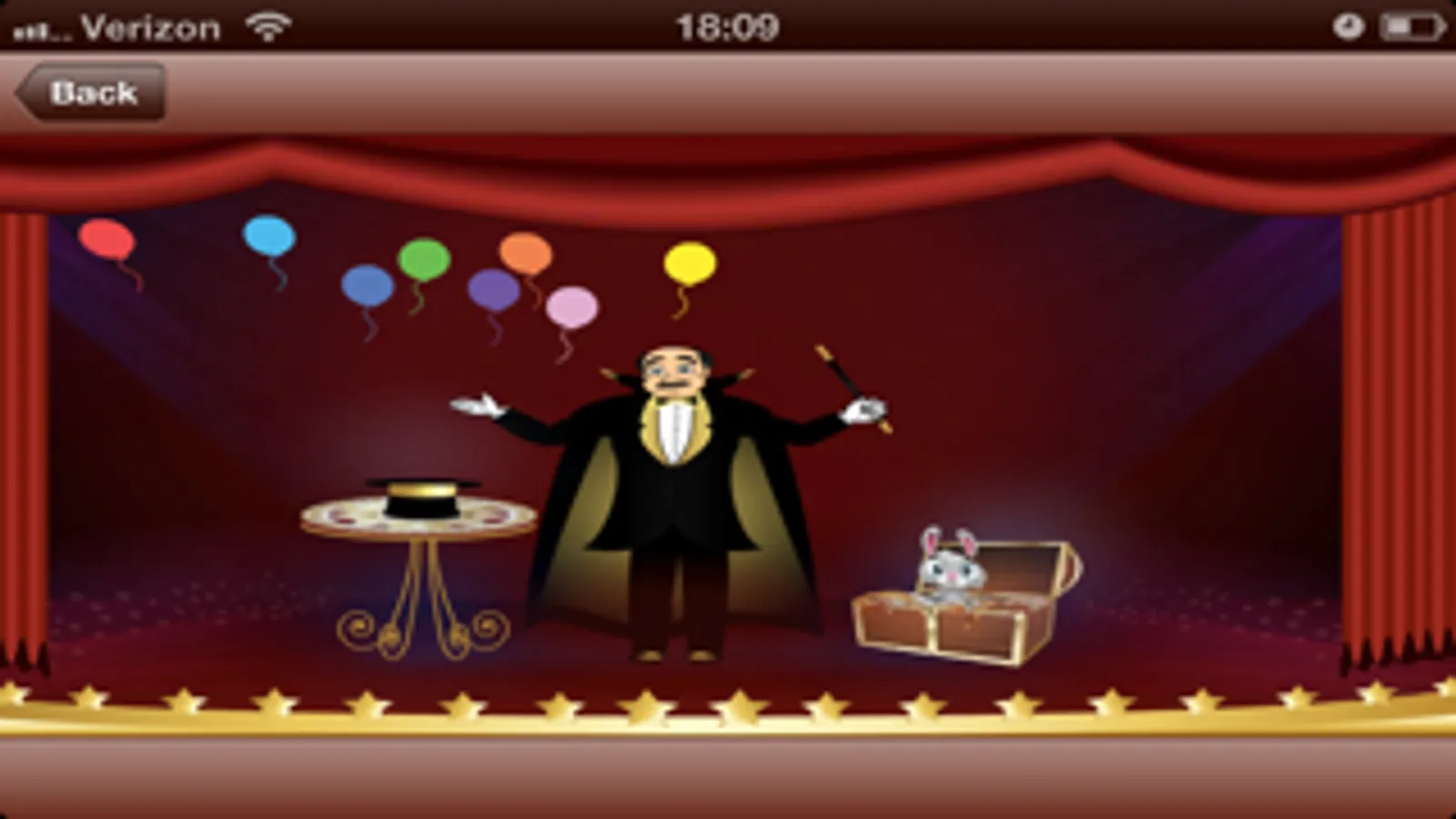About Magical Concepts
Concepts are important building blocks for early academics, and research shows that understanding of basic concepts is critical for school success and high-level thinking (Klix, 1983).
Children are required to master the foundations of basic concepts to learn the fundamentals of academic subject areas. For example, the child must understand the concept of quantity (e.g., more, less, equal, all) to do mathematical computations and must know basic reading concepts (e.g., reading left to right, top to bottom, beginning, end) to learn how to read and write (Busch, 1980). Many concepts are used in daily classroom instructions by teachers—e.g., temporal direction: “Before you start writing, read the first paragraph on page 13.” Children who do not master these basic concepts will have difficulty following classroom instructions (Vernon, 1962).
Children learn concepts by listening to adults, reading, and following commands.
There are five major types of concepts. These are spatial (location), temporal (time), quantity (number), quality (description), and social-emotional (feelings).
Magical Concepts is an app for the iPhone and iPad. It was created by a certified speech-language pathologist who wanted to make "drilling" with flashcards fun and motivating. This engaging, colorful app includes over 2000 photos accompanied by audio instructions. Children are welcomed by Mago the Magician, who encourages them to work hard. Children earn stars for each correct response, and when they accumulate enough stars, they are rewarded with a magic show.
MAGICAL CONCEPTS includes over 60 concepts that are alphabetically organized. Examples of the concepts include:
Above/Below
Angry/Sad/Happy/Surprised
Around
Apart/Together
Behind/In front
Big/Small
Bottom/Top
Clean/Dirty
Closed/Open
Cold/Hot
Crooked/Straight
Curly/Straight
Day/Night
Deep/Shallow
Different/Same
Down/Up
Dry/Wet
Empty/Full
Far/Near
Half/Whole
In/Out
Inside/Outside
Light/Heavy
Long/Short
Loud/Quiet
Missing
Narrow/Wide
Next to
Old/New
On/Under
Over
Pair
Short/Tall
Thick/Thin
Upside down
Magical Concepts is easy to use and allows you to:
-Enter multiple students
-Select multiple concepts
-Present cards in order or randomly
-Change settings
-Select auto-scoring
-Select alternate counts for multiple students
-Enable or disable rewards: the stars and the magic show
-Track correct and incorrect responses
-Email results at the end of the game
References
Busch, R. A. (1980). Predicting first-grade reading achievement. Council for Learning
Disabilities, 3, 33–48.
Klix, F. (1983). An evolutionary approach to cognitive processes and creativity in human
being. Methods of Heuristic, 9, 19–36.
Vernon, P. E. (1962). The determinants of reading comprehension. Educational and
Psychological Measurement, 22, 269–278.
Children are required to master the foundations of basic concepts to learn the fundamentals of academic subject areas. For example, the child must understand the concept of quantity (e.g., more, less, equal, all) to do mathematical computations and must know basic reading concepts (e.g., reading left to right, top to bottom, beginning, end) to learn how to read and write (Busch, 1980). Many concepts are used in daily classroom instructions by teachers—e.g., temporal direction: “Before you start writing, read the first paragraph on page 13.” Children who do not master these basic concepts will have difficulty following classroom instructions (Vernon, 1962).
Children learn concepts by listening to adults, reading, and following commands.
There are five major types of concepts. These are spatial (location), temporal (time), quantity (number), quality (description), and social-emotional (feelings).
Magical Concepts is an app for the iPhone and iPad. It was created by a certified speech-language pathologist who wanted to make "drilling" with flashcards fun and motivating. This engaging, colorful app includes over 2000 photos accompanied by audio instructions. Children are welcomed by Mago the Magician, who encourages them to work hard. Children earn stars for each correct response, and when they accumulate enough stars, they are rewarded with a magic show.
MAGICAL CONCEPTS includes over 60 concepts that are alphabetically organized. Examples of the concepts include:
Above/Below
Angry/Sad/Happy/Surprised
Around
Apart/Together
Behind/In front
Big/Small
Bottom/Top
Clean/Dirty
Closed/Open
Cold/Hot
Crooked/Straight
Curly/Straight
Day/Night
Deep/Shallow
Different/Same
Down/Up
Dry/Wet
Empty/Full
Far/Near
Half/Whole
In/Out
Inside/Outside
Light/Heavy
Long/Short
Loud/Quiet
Missing
Narrow/Wide
Next to
Old/New
On/Under
Over
Pair
Short/Tall
Thick/Thin
Upside down
Magical Concepts is easy to use and allows you to:
-Enter multiple students
-Select multiple concepts
-Present cards in order or randomly
-Change settings
-Select auto-scoring
-Select alternate counts for multiple students
-Enable or disable rewards: the stars and the magic show
-Track correct and incorrect responses
-Email results at the end of the game
References
Busch, R. A. (1980). Predicting first-grade reading achievement. Council for Learning
Disabilities, 3, 33–48.
Klix, F. (1983). An evolutionary approach to cognitive processes and creativity in human
being. Methods of Heuristic, 9, 19–36.
Vernon, P. E. (1962). The determinants of reading comprehension. Educational and
Psychological Measurement, 22, 269–278.



